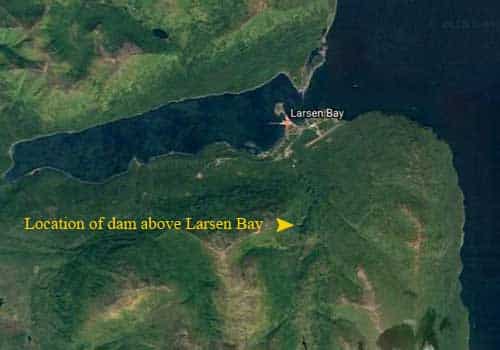
WASHINGTON, D.C. – – Congressman Nick Begich (AK-R), a member on the House Committee on Science, Space, and Technology, introduced The DOE and NASA Interagency Research Coordination Act, a bipartisan bill co-sponsored by Congressman George Whitesides (CA-27), to formally strengthen collaboration between the Department of Energy (DOE) and NASA. This legislation will ensure continued U.S. leadership in space exploration and energy innovation by codifying a long-standing partnership between the two agencies into federal law.
“For decades, the Department of Energy has played a pivotal role in supporting NASA’s mission—powering our spacecraft, developing advanced propulsion technologies, and enabling America’s dominance in space,” said Congressman Begich. “By formally establishing this partnership in federal statute, we can strengthen research collaboration, provide necessary congressional oversight, and ensure that the United States remains the global leader in space exploration and energy innovation.”
For more than 50 years, DOE and its predecessor, the Atomic Energy Commission, have contributed to America’s space program, most notably through the development of Radioisotope Power Systems (RPS), which powered the Apollo missions and more than two dozen other space expeditions. Today, the two agencies continue to work together on nuclear thermal propulsion systems and fission surface power technologies, which will be critical for future lunar and Martian exploration.
Despite this long-standing collaboration, no formal law governs their partnership. The DOE and NASA Interagency Research Coordination Act ensures a structured and efficient research relationship between the agencies, allowing Congress to better oversee their joint initiatives and direct resources toward breakthrough technologies.
“As a former NASA Chief of Staff, I understand that the partnership between the Department of Energy and NASA is critical to advancing America’s leadership in both space exploration and energy innovation,” said Congressman George Whitesides.”By formally codifying this collaboration, we are ensuring that the groundbreaking work between these two agencies continues to drive progress toward ambitious goals, while reinforcing our global competitive edge. This bipartisan effort highlights the importance of cross-agency coordination in solving some of the most pressing challenges of our time.”
This legislation directs the Secretary of Energy and the Administrator of NASA to carry out cross-cutting research and development focused on their respective mission priorities.
The bill does not authorize additional spending, ensuring that DOE and NASA operate within their existing budgets. It also requires both agencies to submit a comprehensive report to Congress within two years of enactment, detailing their collaborative efforts, research achievements, and future initiatives.
The DOE and NASA Interagency Research Coordination Act has been introduced in the U.S. House of Representatives and will be referred to the House Committee on Science, Space, and Technology.








